Insights in Action
Spotlight on Guadalupe Credit Union
Spotlight on Guadalupe Credit Union
Insights in Action
Spotlight on Guadalupe Credit Union
Spotlight on Guadalupe Credit Union
Insights in Action
Spotlight on Guadalupe Credit Union
Spotlight on Guadalupe Credit Union
How one credit union helped rewrite debt laws with insights from Neighborhood Trust
This March, New Mexico passed a law capping interest rates for consumer loans at 36%—a drop from the 175% cap previously in place for loans up to $5,000.

Guadalupe Credit Union, a customer of Pathways to Financial Empowerment, used data and insights generated from the platform to capture the devastating effect predatory lending has on low-wage workers.
How one credit union helped rewrite debt laws with insights from Neighborhood Trust
This March, New Mexico passed a law capping interest rates for consumer loans at 36%—a drop from the 175% cap previously in place for loans up to $5,000.

Guadalupe Credit Union, a customer of Pathways to Financial Empowerment, used data and insights generated from the platform to capture the devastating effect predatory lending has on low-wage workers.



With Pathways to Financial Empowerment, in partnership with Inclusiv, we embed our financial coaching IP and outcomes tracking platform into credit unions to strengthen their capacity to meet the needs of their members while receiving valuable insights into the effectiveness of their financial products.

Low-wage workers—representing nearly half of the US workforce—are facing a debt crisis that impacts their personal wellbeing and their ability to build assets. Families are struggling to meet basic needs, with 44% of lower-income earners worried about paying their bills.

A survey conducted this year by Bipartisan Policy Center found that, among workers who struggled to pay their bills, the top expense they struggled with was paying down debt, followed by utility bills. As bills accumulate and savings cushions dwindle, more families are turning to the $141 billion short-term financing industry, which offers predatory, short-term cash solutions that compound worker financial insecurity.
Guadalupe Credit Union’s Chief of Financial Empowerment, Diane Sandoval-Griego, saw this problem up close. Years ago, she was Guadalupe’s first Financial Coach, tracking client outcomes as best she could in excel spreadsheets. When she needed to prove the value of her work, she sought out Pathways, which allowed her to streamline the data, identify trends, and develop solutions.
Best of all, she held up a mirror to the members she was serving, reassuring them of their progress with real data.
A few years ago, the Financial Coaches on her growing team noticed that their credit-challenged members were losing thousands of dollars to exorbitant interest from predatory lending products.
In response, they developed a Predatory Debt Relief Loan, and later a Predatory Title Relief Loan, which covered the cost of the predatory loans with far better terms. In exchange, the member had to meet at least twice with a Pathways Financial Coach and demonstrate $0 or positive cash flow, among other requirements.
Guadalupe Credit Union’s Chief of Financial Empowerment, Diane Sandoval-Griego, saw this problem up close. Years ago, she was Guadalupe’s first Financial Coach, tracking client outcomes as best she could in excel spreadsheets. When she needed to prove the value of her work, she sought out Pathways, which allowed her to streamline the data, identify trends, and develop solutions.
Best of all, she held up a mirror to the members she was serving, reassuring them of their progress with real data.
A few years ago, the Financial Coaches on her growing team noticed that their credit-challenged members were losing thousands of dollars to exorbitant interest from predatory lending products.
In response, they developed a Predatory Debt Relief Loan, and later a Predatory Title Relief Loan, which covered the cost of the predatory loans with far better terms. In exchange, the member had to meet at least twice with a Pathways Financial Coach and demonstrate $0 or positive cash flow, among other requirements.

Guadalupe Credit Union’s Chief of Financial Empowerment, Diane Sandoval-Griego, saw this problem up close. Years ago, she was Guadalupe’s first Financial Coach, tracking client outcomes as best she could in excel spreadsheets. When she needed to prove the value of her work, she sought out Pathways, which allowed her to streamline the data, identify trends, and develop solutions.
Best of all, she held up a mirror to the members she was serving, reassuring them of their progress with real data.
A few years ago, the Financial Coaches on her growing team noticed that their credit-challenged members were losing thousands of dollars to exorbitant interest from predatory lending products.
In response, they developed a Predatory Debt Relief Loan, and later a Predatory Title Relief Loan, which covered the cost of the predatory loans with far better terms. In exchange, the member had to meet at least twice with a Pathways Financial Coach and demonstrate $0 or positive cash flow, among other requirements.
Hear a Guadalupe Credit Union member share her story about falling into, and climbing out of, a predatory loan.
Hear a Guadalupe Credit Union member share her story about falling into, and climbing out of, a predatory loan.
In one typical example, a lender was charging a rate of 131% APR on a $8,554 loan, requiring 48 monthly payments of $962. Guadalupe’s loan replaced that with 15% APR, and 40 monthly payments of $242, saving their client $36,496.
$46,176 owed for Predatory Loan (48 payments x $962)
|
$9,680 owed for Guadalupe Loan (40 payments x $242)
|
$36,496 Saved
In the first two years since developing these new financial products, Guadalupe has lent over $418,000, helping their members each save an average of $5,973 in interest.
In one typical example, a lender was charging a rate of 131% APR on a $8,554 loan, requiring 48 monthly payments of $962. Guadalupe’s loan replaced that with 15% APR, and 40 monthly payments of $242, saving their client $36,496.
$46,176 owed for Predatory Loan (48 payments x $962)
|
$9,680 owed for Guadalupe Loan (40 payments x $242)
|
$36,496 Saved
In the first two years since developing these new financial products, Guadalupe has lent over $418,000, helping their members each save an average of $5,973 in interest.
In one typical example, a lender was charging a rate of 131% APR on a $8,554 loan, requiring 48 monthly payments of $962. Guadalupe’s loan replaced that with 15% APR, and 40 monthly payments of $242, saving their client $36,496.
$46,176 owed for Predatory Loan (48 payments x $962)
|
$9,680 owed for Guadalupe Loan (40 payments x $242)
|
$36,496 Saved
In the first two years since developing these new financial products, Guadalupe has lent over $418,000, helping their members each save an average of $5,973 in interest.
![]()
What impact did creating these new loan products have on your members?

![]()
How did that translate to changing state law?

![]()
What impact did creating these new loan products have on your members?

![]()
How did that translate to changing state law?

![]()
What impact did creating these new loan products have on your members?

![]()
How did that translate to changing state law?

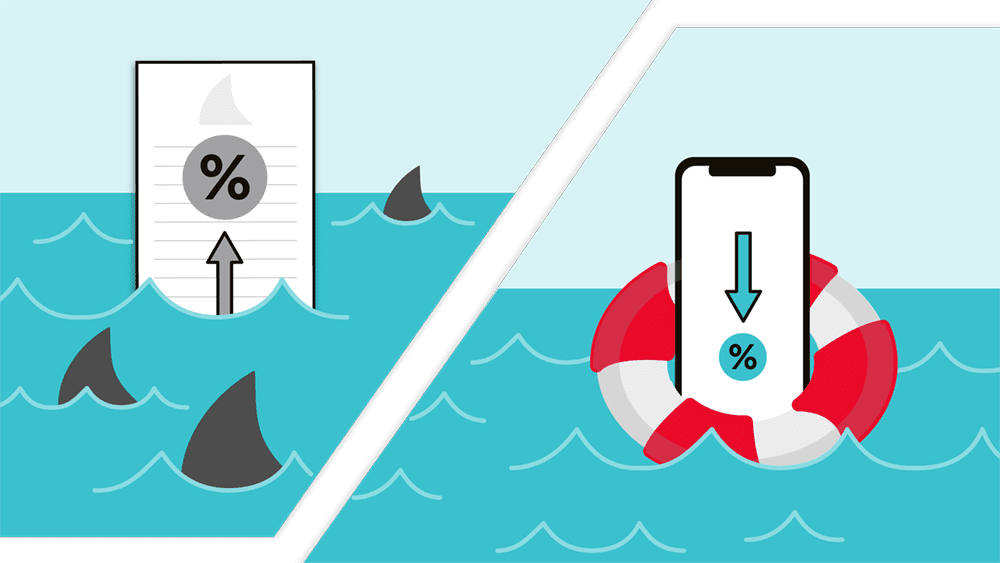
In a market that had been left under-regulated, the solution was bigger than one institution’s product innovations.
Guadalupe was one of the key coalition members driving a new law, House Bill 132, and the stories and data they leveraged to make the case came from their involvement with Pathways.
Guadalupe’s Financial Coaches started saving loan contracts from predatory lenders. When they would help members negotiate settlement agreements, they kept those. Guadalupe was able to paint the picture in vivid financial details of just how damaging predatory lenders were, and how to stop them.
In one committee hearing, legislators asked Diane about a worker with a poor credit score who needed a new water heater. If she was too high a risk for a traditional lender, should that consumer not be allowed to get a new water heater at all? Isn’t a predatory lender better than none? Diane provided a third option. Compared to the predatory lenders’ offers available, with the money saved from Guadalupe’s loan product the consumer could save up for six or seven water heaters, instead of sending her into an interest-fueled debt spiral.

In a market that had been left under-regulated, the solution was bigger than one institution’s product innovations.
Guadalupe was one of the key coalition members driving a new law, House Bill 132, and the stories and data they leveraged to make the case came from their involvement with Pathways.
Guadalupe’s Financial Coaches started saving loan contracts from predatory lenders. When they would help members negotiate settlement agreements, they kept those. Guadalupe was able to paint the picture in vivid financial details of just how damaging predatory lenders were, and how to stop them.
In one committee hearing, legislators asked Diane about a worker with a poor credit score who needed a new water heater. If she was too high a risk for a traditional lender, should that consumer not be allowed to get a new water heater at all? Isn’t a predatory lender better than none? Diane provided a third option. Compared to the predatory lenders’ offers available, with the money saved from Guadalupe’s loan product the consumer could save up for six or seven water heaters, instead of sending her into an interest-fueled debt spiral.
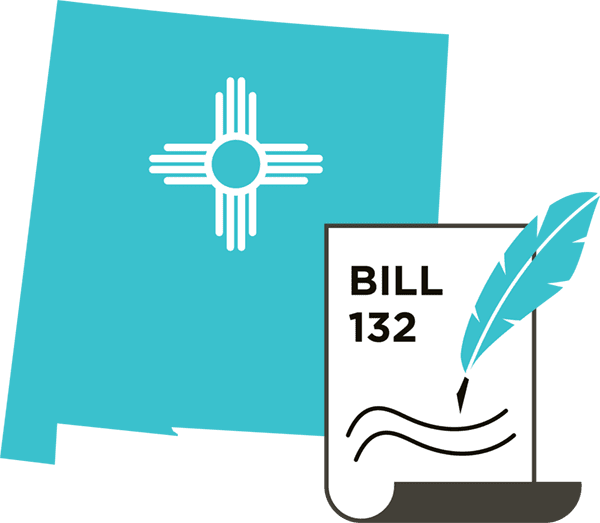
House Bill 132 slashed the legal cap on interest rates on consumer loans from 175% to 36%, joining just 19 other states in capping these interest rates. The state-level efforts come in the wake of failures in Congress to pass federal legislation that would institute a similar cap, as was put in place for members of the military in 2006.
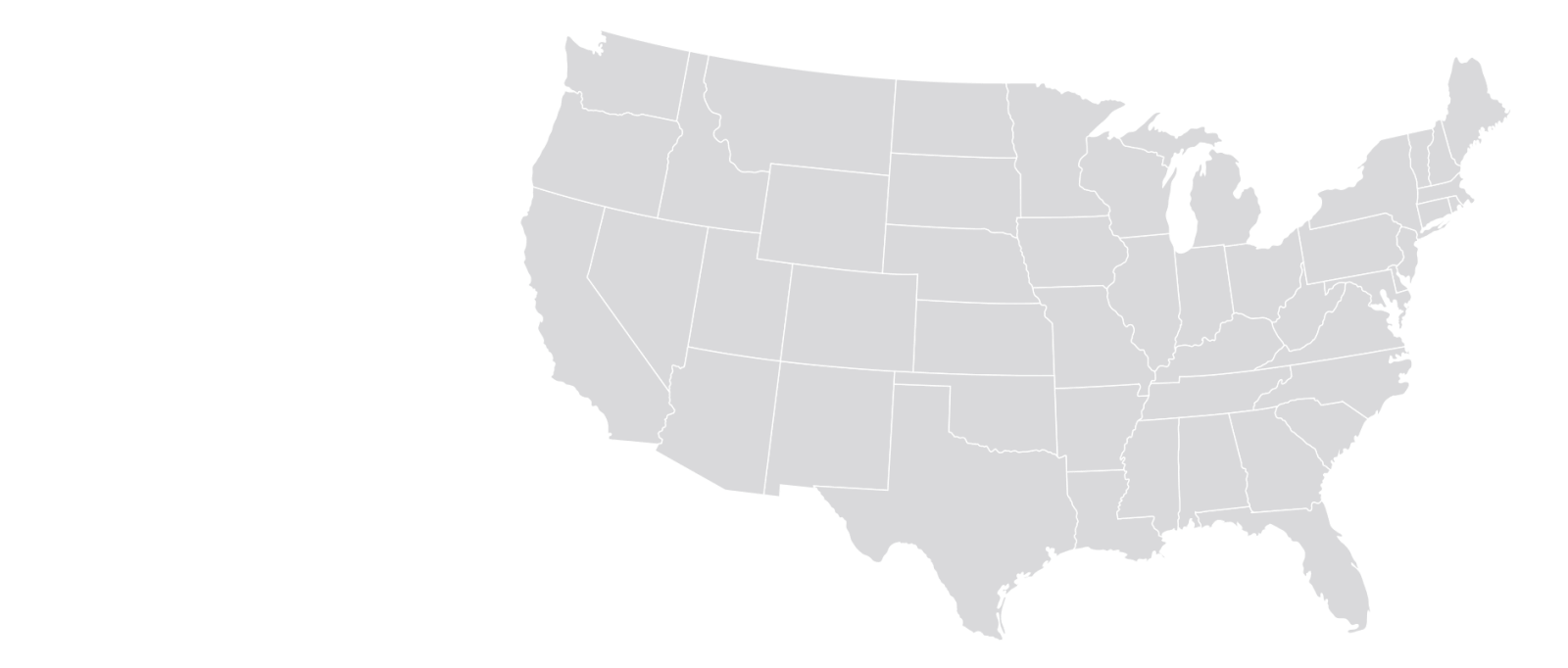

House Bill 132 slashed the legal cap on interest rates on consumer loans from 175% to 36%, joining just 19 other states in capping these interest rates. The state-level efforts come in the wake of failures in Congress to pass federal legislation that would institute a similar cap, as was put in place for members of the military in 2006.
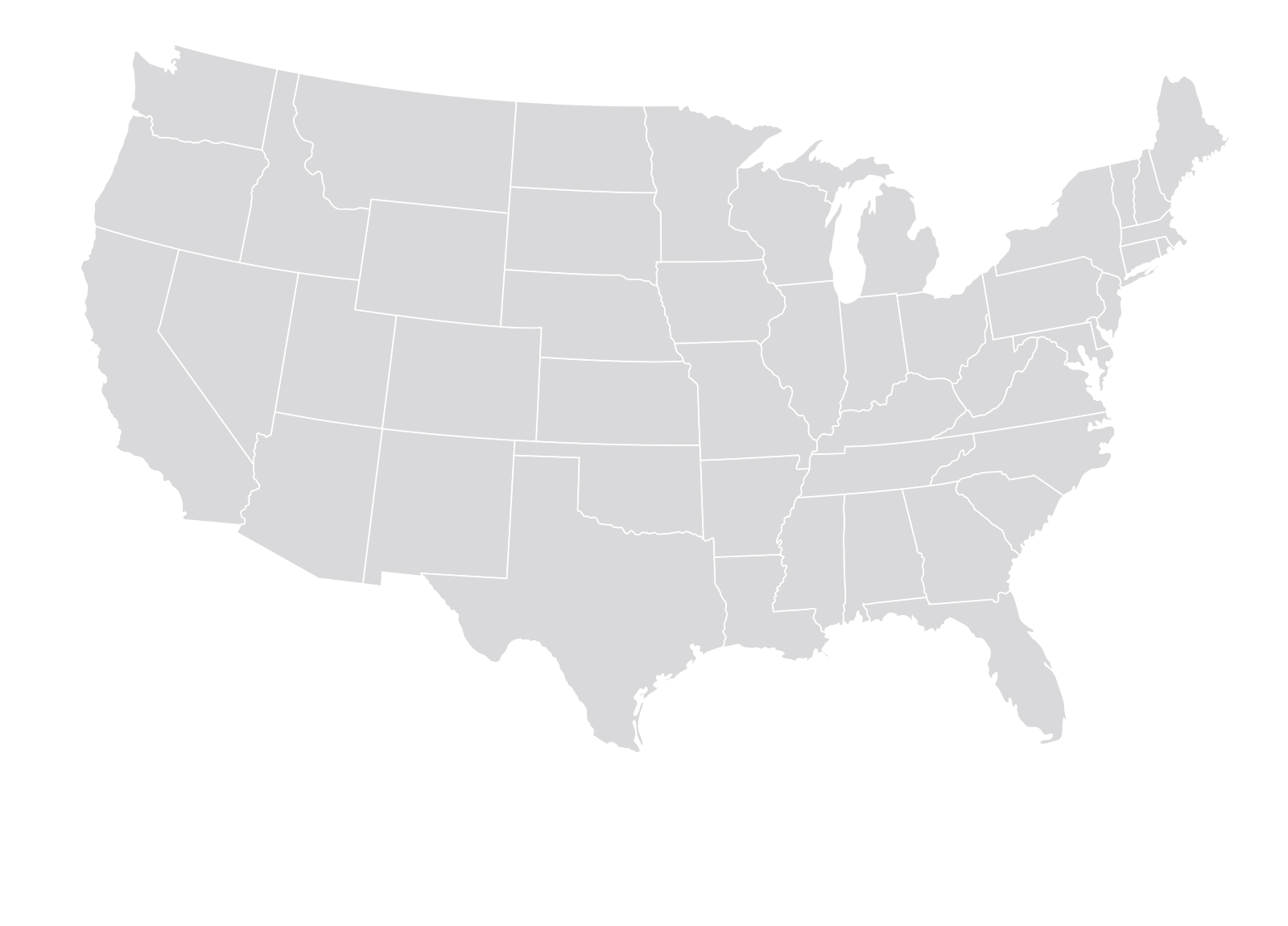
“As we continue to grow our economy and create quality jobs for New Mexicans across the state, protecting New Mexico consumers remains critically important. After many years of effort by advocates and legislators, I am glad to finally sign this legislation into law and deliver common-sense protections to vulnerable New Mexicans in rural and urban communities statewide.”
—Governor Michelle Lujan Grisham
“As we continue to grow our economy and create quality jobs for New Mexicans across the state, protecting New Mexico consumers remains critically important. After many years of effort by advocates and legislators, I am glad to finally sign this legislation into law and deliver common-sense protections to vulnerable New Mexicans in rural and urban communities statewide.”
—Governor Michelle Lujan Grisham
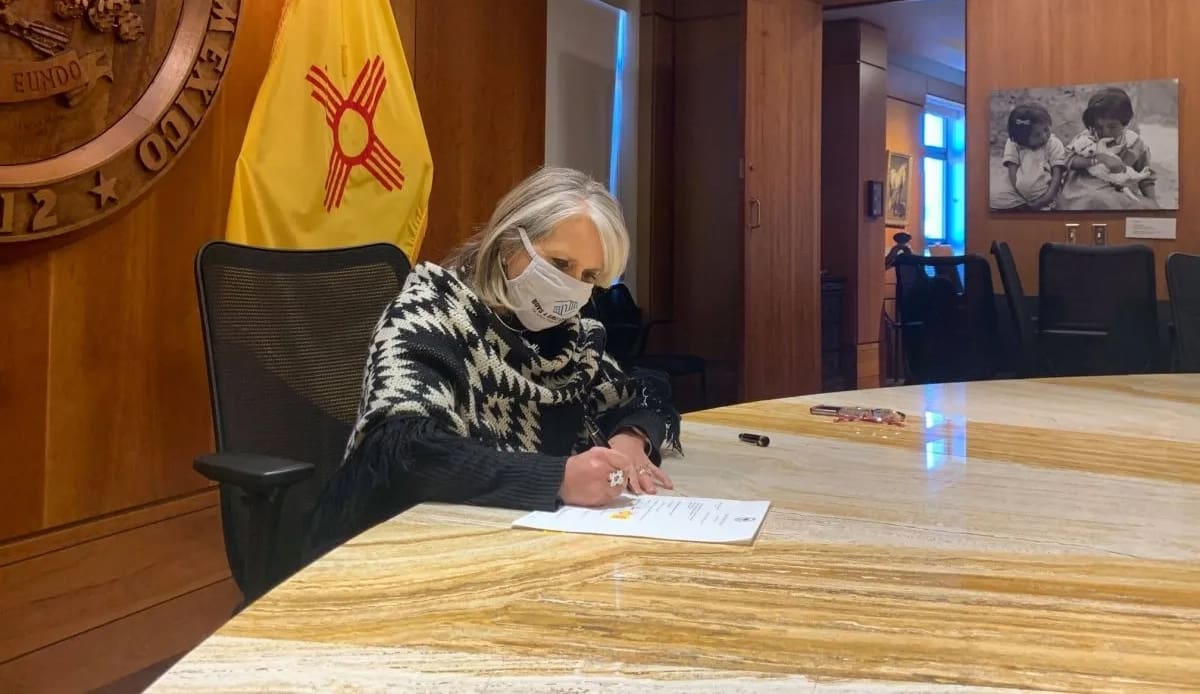
“As we continue to grow our economy and create quality jobs for New Mexicans across the state, protecting New Mexico consumers remains critically important. After many years of effort by advocates and legislators, I am glad to finally sign this legislation into law and deliver common-sense protections to vulnerable New Mexicans in rural and urban communities statewide.”
—Governor Michelle Lujan Grisham
About Neighborhood Trust
Neighborhood Trust is a financial services innovator that creates financial security for low-wage workers through workplace and marketplace solutions.
We are trusted human guides connecting workers to financial benefits, and co-designing products and services that meet their complex and immediate needs. But we don’t stop there. We use the insights from our work to help credit unions, employers, nonprofits, and FinTechs better understand the unique financial challenges facing the workers they serve, and to push the marketplace to be more accountable to their needs.
Neighborhood Trust’s social enterprise influences the market through the workplace with our employee benefit TrustPlus, and through Pathways, through which we’ve embedded our financial coaching and impact tracking platform in over 20 credit unions alongside our partner Inclusiv. Learn more about Pathways Credit Unions in the Inclusiv Network and TrustPlus Partners.
About Neighborhood Trust
Neighborhood Trust is a financial services innovator that creates financial security for low-wage workers through workplace and marketplace solutions.
We are trusted human guides connecting workers to financial benefits, and co-designing products and services that meet their complex and immediate needs. But we don’t stop there. We use the insights from our work to help credit unions, employers, nonprofits, and FinTechs better understand the unique financial challenges facing the workers they serve, and to push the marketplace to be more accountable to their needs.
Neighborhood Trust’s social enterprise influences the market through the workplace with our employee benefit TrustPlus, and through Pathways, through which we’ve embedded our financial coaching and impact tracking platform in over 20 credit unions alongside our partner Inclusiv. Learn more about Pathways Credit Unions in the Inclusiv Network and TrustPlus Partners.




Follow Us